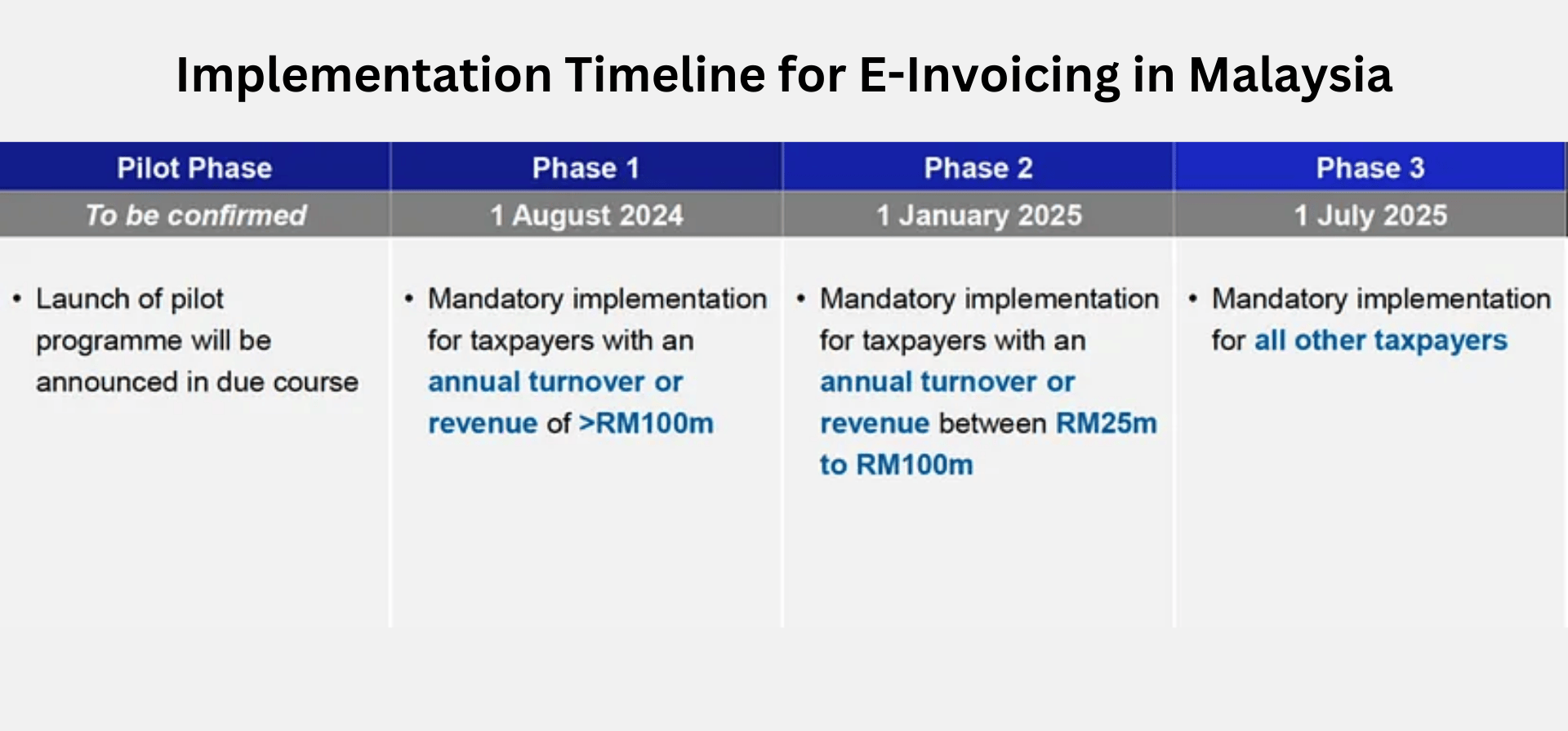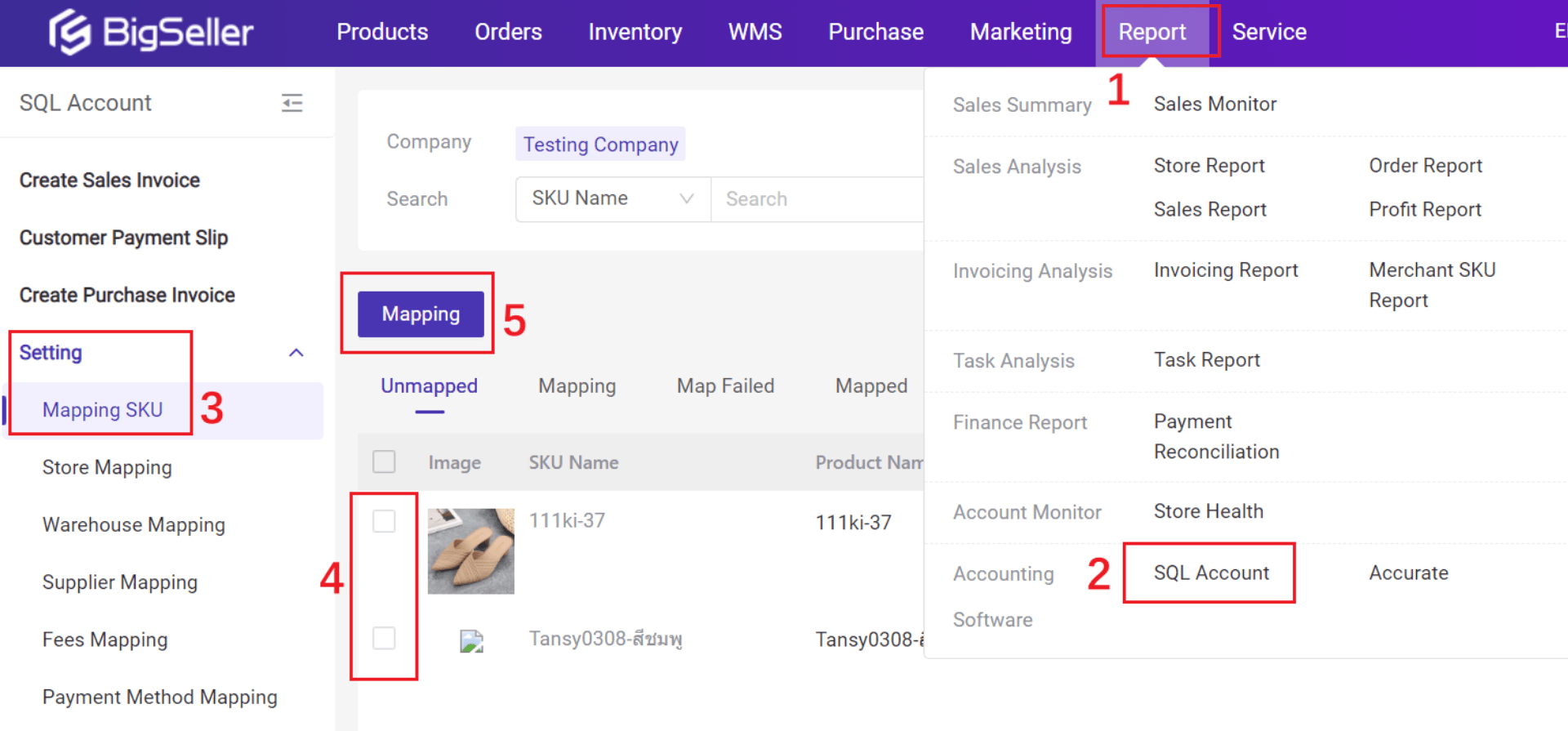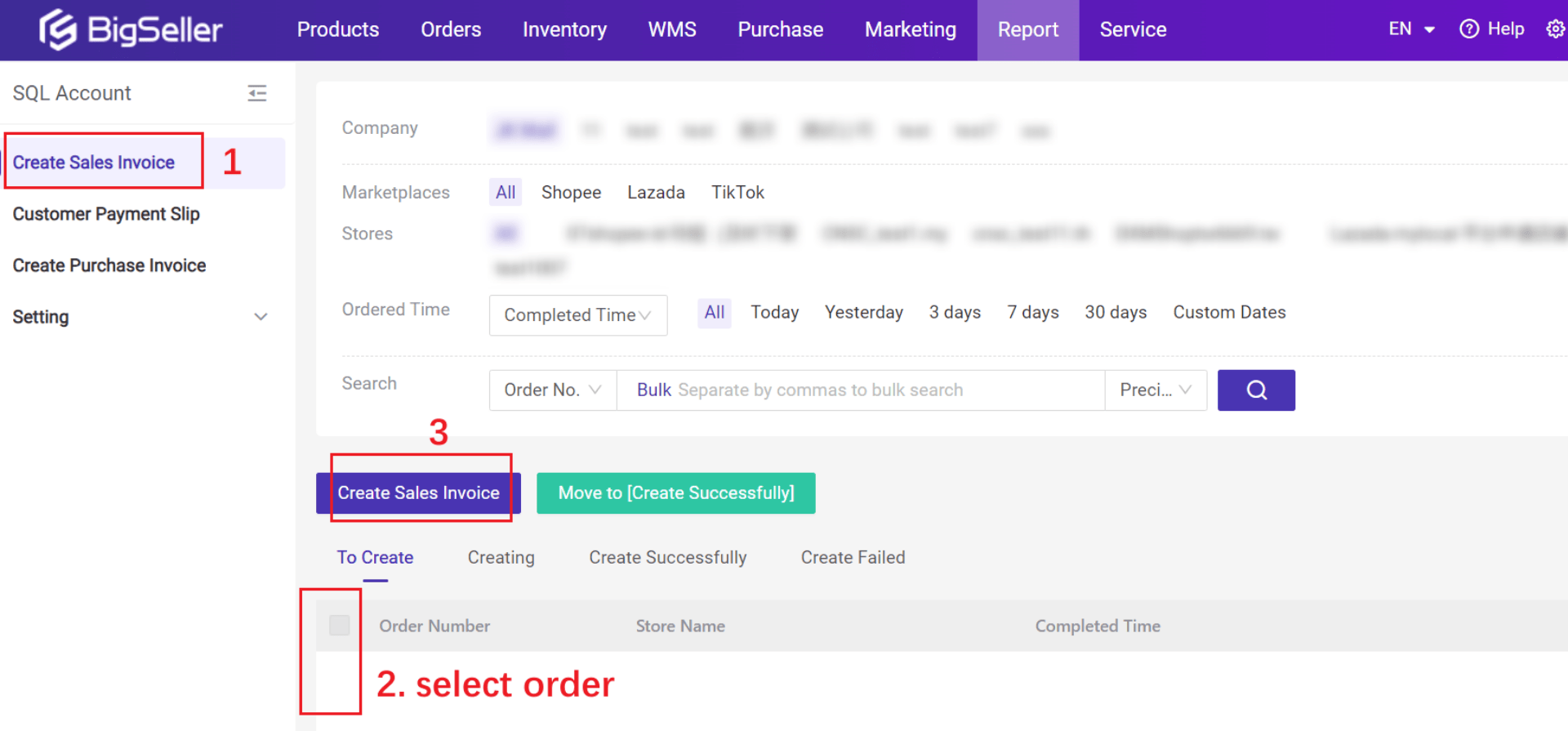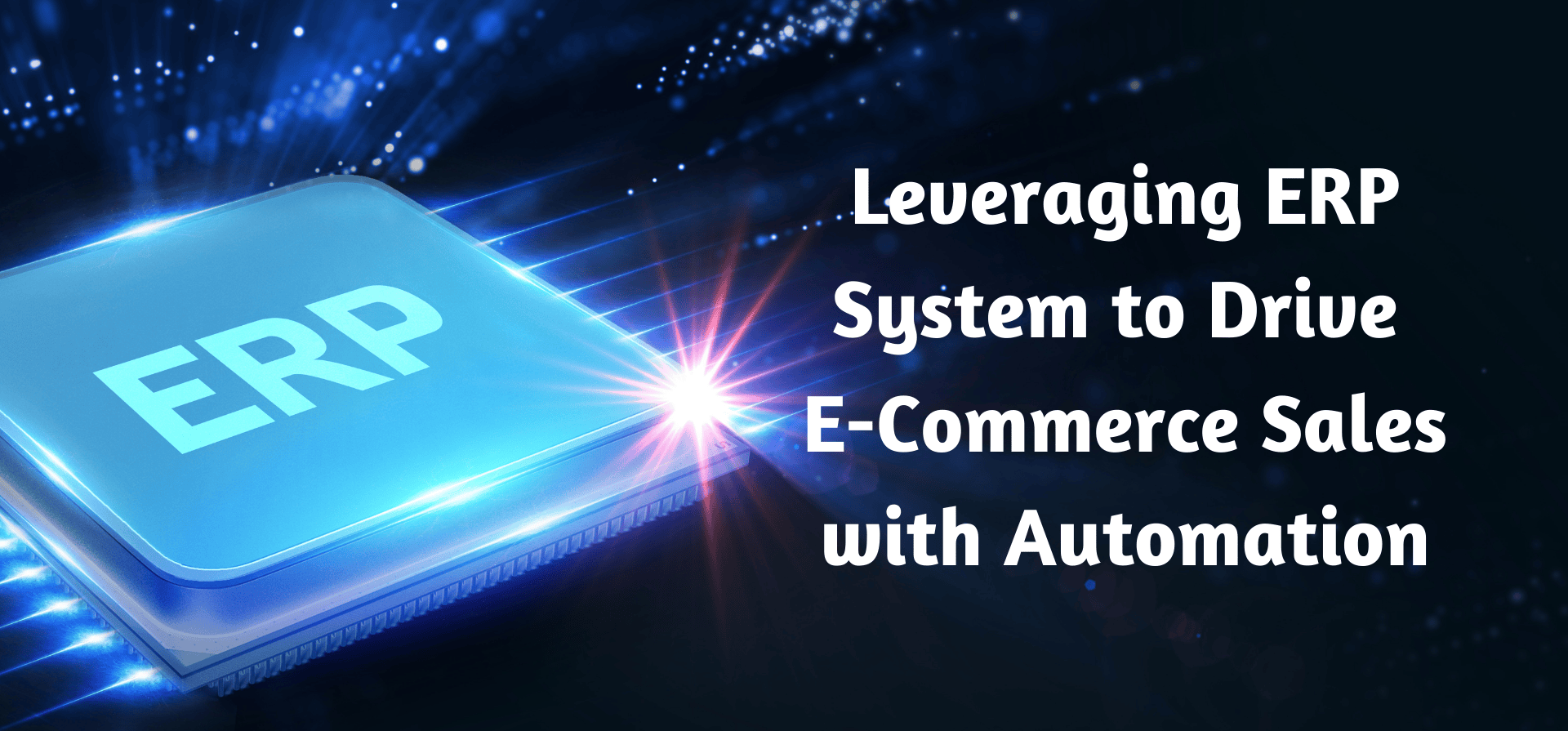E-Invoicing and SQL Integration: A Guide for Malaysian Businesses
JX 14 Jan 2025 01:28ENCopy link & title
The Inland Revenue Board of Malaysia (IRBM) has announced the implementation of mandatory electronic invoicing (e-invoicing) to enhance tax compliance and streamline business operations. This initiative is set to transform the way businesses manage invoicing, offering significant benefits while presenting new regulatory challenges.
Implementation Timeline for E-Invoicing in Malaysia
The Malaysian 2024 Finance Bill revised the e-invoicing implementation timeline, with the following key dates:
-
1 May 2024: On this date, the IRBM released the pilot phase of the e-invoicing system to allow businesses to test it. This permitted large organizations targeted by the first wave to familiarize themselves with the requirements before its implementation.
-
1 August 2024: The first phase of electronic invoicing implementation in Malaysia began by targeting large businesses with an annual turnover of more than MYR 100 million. Large organizations often have the resources for such a transition, making them ideal first targets.
-
1 January 2025: Starting 1 January 2025, the second wave focuses on small-to-medium-sized organizations with annual revenue between MYR 25 million and MYR 100 million.
-
1 July 2025: The last phase will include all other taxpayers in Malaysia.

Challenges and Benefits
Adopting e-invoicing may initially pose challenges, particularly for smaller businesses unfamiliar with digital invoicing systems. Common hurdles include understanding technical requirements, integrating new software, and training staff. However, the benefits far outweigh these challenges:
1. Enhanced Tax Compliance:
With automated invoicing, the process is standardized and more accurate, reducing the risk of human errors, which can lead to discrepancies in tax reporting or even tax evasion. This increased accuracy ensures that businesses remain compliant with tax regulations, avoiding penalties and fines, and making tax filings simpler and more efficient.

2. Operational Efficiency:
Digital invoicing systems streamline the entire process of generating and storing invoices, eliminating the need for manual paperwork and reducing administrative tasks. This automation not only saves businesses a considerable amount of time but also reduces the risk of lost or misfiled documents, allowing employees to focus on more value-added tasks. As a result, businesses can achieve greater productivity and reduce operational costs.
3. Improved Business Analytics:
The accuracy and consistency of digital invoicing data provide businesses with valuable insights into their financial health, including trends in sales, payments, and expenses. This data can be used to make more informed financial decisions, helping businesses plan for the future, optimize cash flow, and identify areas for improvement in their operations.

Leveraging BigSeller’s SQL Integration
To ease the transition to e-invoicing, tools like BigSeller’s SQL integration can be invaluable. BigSeller seamlessly connects with SQL accounting software, enabling businesses to synchronize orders and inventory, create sales invoices, and facilitate financial reporting with minimal effort. Key features include: Order Synchronization, Inventory Management, Payment Slip Integration.
Steps to Integrate BigSeller with SQL
Step 1: Mapping Data:
-
Map SKU, store, warehouse, supplier, and payment method details to align with SQL.
-
Use BigSeller’s Data Plugin to ensure seamless synchronization.

Step 2: Creating Sales and Purchase Invoices:
-
Generate sales invoices for completed orders from platforms like Shopee, Lazada, and TikTok Shop.
-
Enable the BigSeller Finance Plugin to create and push purchase invoices and supplier payment slips.
Click here to register for BigSeller for free.

Step 3: Facilitating Reporting:
-
Map and track transaction fees, discounts, and refunds for comprehensive financial reporting.
Adopting tools like BigSeller’s SQL integration helps businesses simplify the e-invoicing transition, ensuring compliance with IRBM regulations while improving operations. The mandatory e-invoicing implementation in Malaysia drives digital transformation, and businesses that adapt will stay competitive and efficient in the digital landscape.




